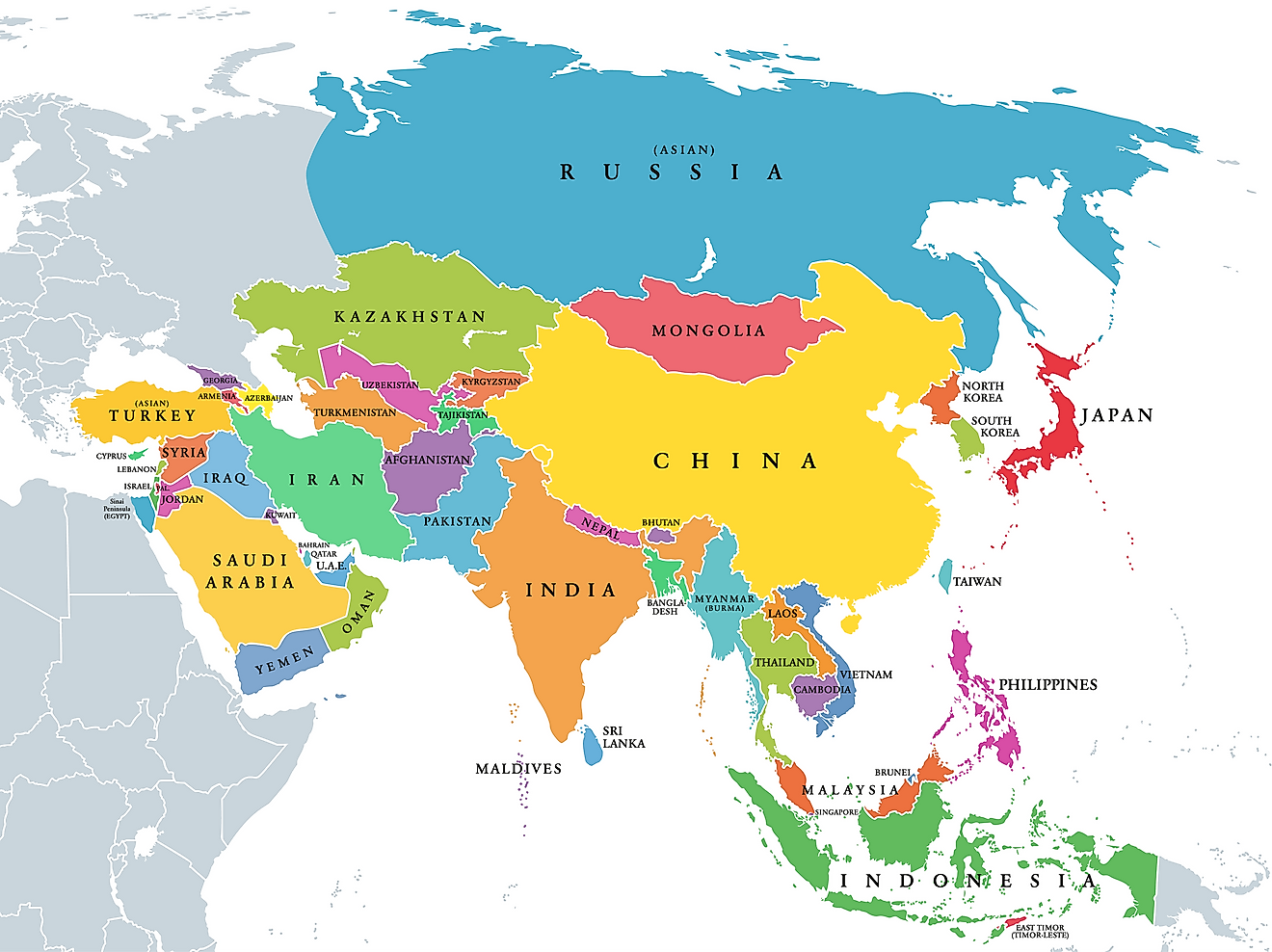What Continent Is Romania In?

Romania covers an area of 92,046 square mile and is located in Europe. Romania sits at the crossroads of various European regions which has greatly influenced the culture of the citizens. Romania's territory encompasses several islands such as the Great Brăila Island that occupies an area of about 274 square miles. According to The World Factbook, Romania has a coastline slightly less than 140 miles long which is the 122nd longest coastline in the world. Romania is home to 19,638,000 people a decrease from the 2011 estimates. Bucharest, the nation's capital, is the largest city with a population of about 2,106,144 people according to 2016 estimates.
Bordering Nations
Romania shares a land border with five countries as well as a maritime border with several nations that border the Black Sea. Romania shares a land border with Bulgaria that traces the path of the Danube River for large portions of its length. The two countries work together on securing their borders. Romania's border with Hungary stretches for approximately 278 miles long with several border crossing points both rail and road. The boundary that Romania shares with Moldova is about 423 miles long with several crossing points that are open all year round such as the Cahul-Oancea Bridge. Romania and Serbia are separated by a border stretching 296 miles long. The border that Romania shares with Ukraine cover a total length about 381.4 miles. The maritime border between the two nations was subject to a case at the international court of justice with the court delivering its verdict on February 3, 2009. Both Turkey and Romania border the Black Sea and share a maritime border.
Romanian Land Features
The highest point in Romania is the Moldoveanu Peak, within the Făgăraș Mountains, that rises to about 8,346 feet. Central Romania is dominated by mountain ranges some of which reach a height of 6,000 feet. Forests make up close to 28% of Romania's territory. The most biodiverse forests in Romania cover an area of about 900 square miles. The longest river in Romania is the Danube with about 668 miles flowing through the country out of the river's total length of about 1,777 miles. The river drains into the Black Sea in a delta located in Romania. There are several glacier lakes in Romania the largest of which is Lake Bucura which occupies an area of about 0.0405 square miles. Romania has 20% of Europe's wolf population which lives within Romania's boundaries.
Romania's History
Romania's territory was once part of Rome's territory; however, before Rome conquered the area, it was inhabited by several Thracian communities. In 1877, Romania gained independence from the Ottoman Empire. Romania participated in the First World War which resulted in the loss of 748,000 lives both civilians and military. During the Second World War, the Soviet Union forced Romania to get involved in the war through veiled threats of invasion.
Romania's Demographics
According to 2015 estimates Romania has one of the lowest total fertility rates in the world at around 1.33 children born per woman. The low fertility rate is one of the main reasons that contributed to the decline in the nation's population. The nation's official language is Romanian although 31% of the nation's population speaks English.











